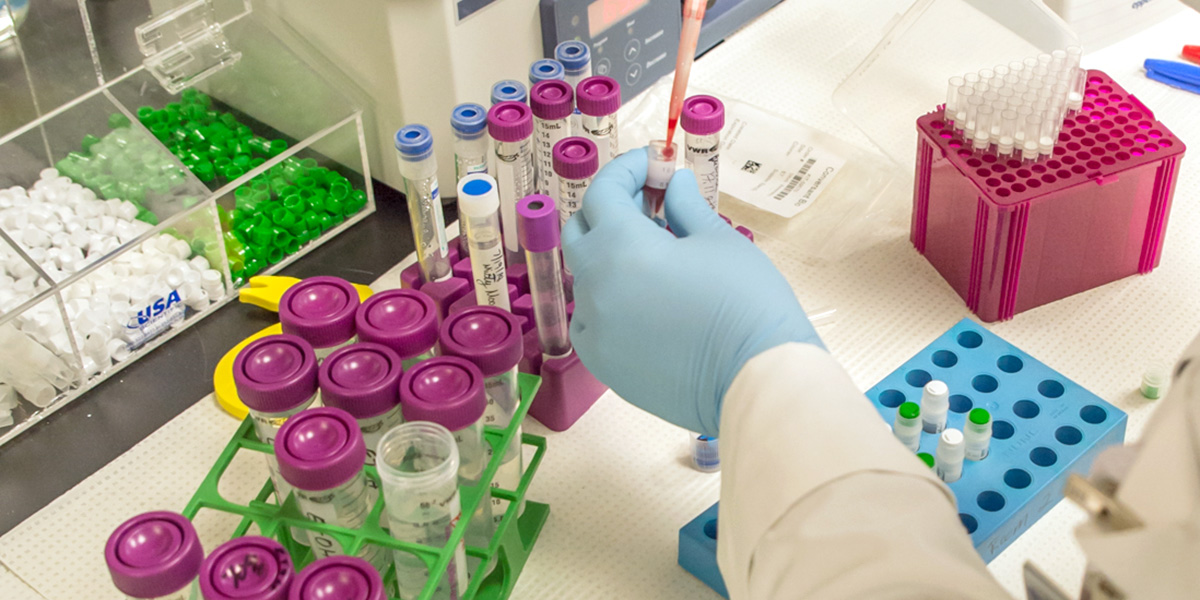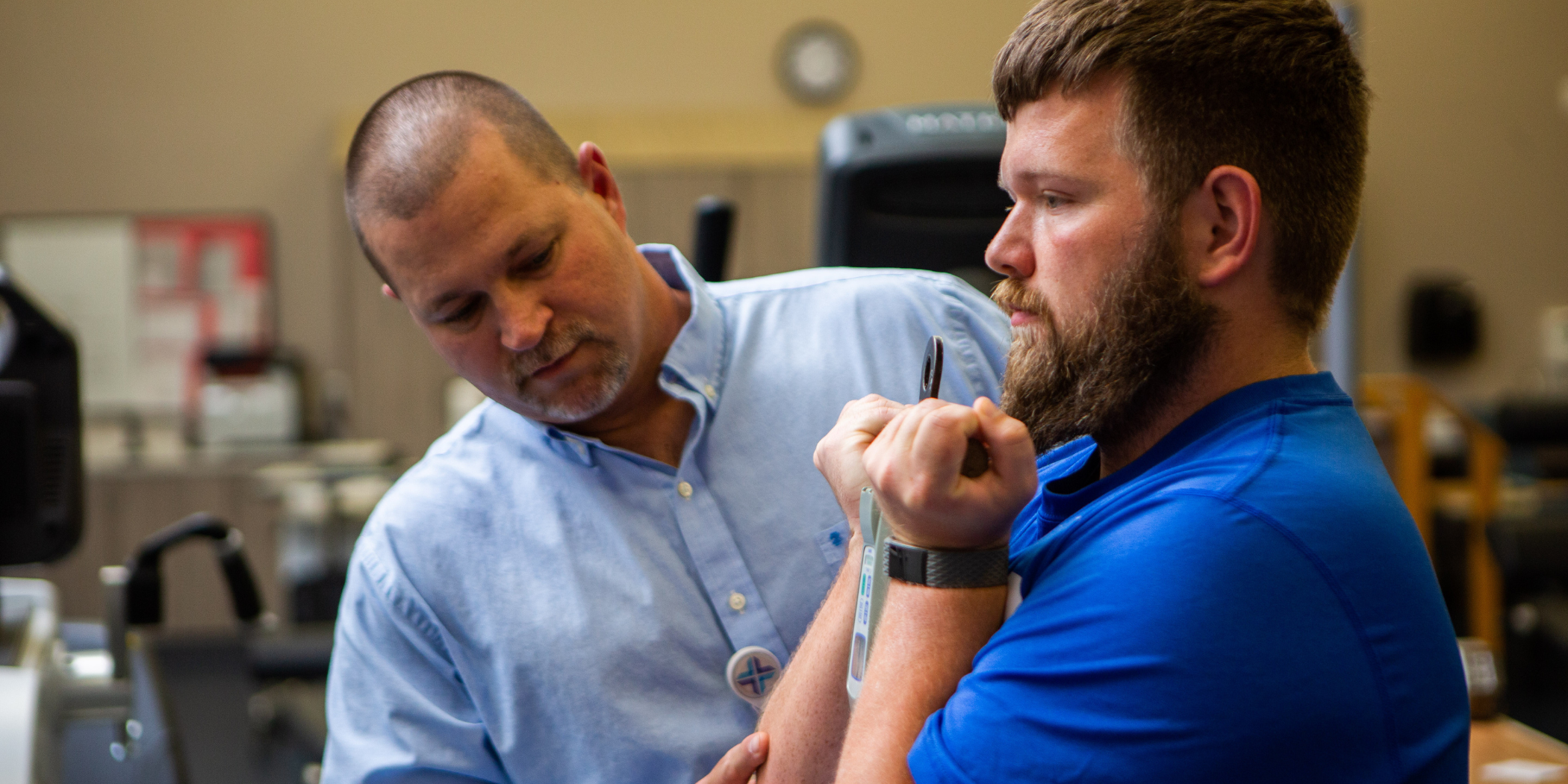
$14 million extends Upstate cancer fight
Three Upstate healthcare powerhouses are joining forces to fight a common enemy — cancer.
Spartanburg Regional Healthcare System — Gibbs Cancer Center, Bon Secours St. Francis Health System and AnMed Health have been awarded a $14,402,940 grant to create the Upstate Carolina National Cancer Institute Community Oncology Research Program (NCORP).
“It is the mission of Upstate Carolina NCORP to support cancer prevention and treatment trials that will improve patient outcomes,” said Kamara Mertz-Rivera, MA, CCRC, Director of Clinical Research for Gibbs Cancer Center & Research Institute at Spartanburg Regional. “I am honored and humbled to be the administrator for the grant award and am committed to the success of the program. I look forward to the next six years and witnessing the positive impact this award will have on our community members.”
Upstate Carolina NCORP connects cancer patients in the Upstate to the most up-to-date clinical trials in a local setting so they can stay in their own communities for treatment. Because of clinical trials, newer and more advanced treatments are being approved by the FDA. People are living longer lives as a direct result of clinical trial research.
“We at the Bon Secours St. Francis Cancer Center are thrilled to be part of this consortium and to have been awarded this grant from the National Cancer Institute,” said Robert Siegel, MD, Affiliate Responsible Investigator for Bon Secours St. Francis Health System. “This funding acknowledges the power of collaboration between AnMed, Spartanburg Regional and our own program in optimizing cancer therapy for our Upstate community and beyond. Together we can provide more efficient and innovative approaches to malignancy than can be provided by any of us individually.”
Clinical trials help scientists and physicians not only find new methods to treat cancer but also ways to prevent and detect cancer sooner. Additionally, quality of life for people during and after treatment is improved through cancer care and cancer delivery research.
The trials often compare the most accepted cancer treatment with a new treatment doctors hope will work better.
The Upstate Carolina NCORP will engage community physicians to participate in NCI-supported, cancer care delivery research, treatment, prevention and cancer control trials.
“Clinical trials are essential in the fight against cancer. Without the participation of patients, clinicians, nurses, and support staff in clinical trials, many of the breakthroughs that we celebrate today would not be possible,” said Leander Cannick, III, MD, Affiliate Responsible Investigator for AnMed Health. “The Upstate Carolina NCORP's goal is to support practice-changing cancer prevention, treatment, and cancer control research to improve patient outcomes and quality of life. Together we will continue to change the landscape of cancer care.”
One primary goal of the Upstate Carolina NCORP is to reach rural, minority and underserved cancer patients in our community. Upstate Carolina NCORP is committed to increasing cancer clinical trial access and participation among this population in order to reduce cancer disparities, and the burden of cancer, for everyone.
“The desire to stay home for treatment is very important to patients, and this research grant allows our patients to have access to the best clinical trials and drugs available, so there is no reason to travel anywhere else for treatment,” said James D. Bearden, III, MD, Principal Investigator for UC-NCORP. “At home, patients have the spiritual, family and community support of their hometown.”
Upstate Carolina NCORP has 48 experienced community investigators comprised of medical oncologists, radiation oncologists and surgical oncologists and is led by three highly qualified principal investigators — Drs. James Bearden, III; Amy Curtis; and Jeremy Kilburn. The three affiliate research programs are located within community hospitals serving Upstate South Carolina, as well as adjacent areas in North Carolina and Georgia.
“Clinical trials allow us to take the lessons and best treatments of the past and improve on them with measured steps forward,” Dr. Bearden said.
If you or someone you know is fighting cancer, consider asking your doctor about enrolling in a study. Trials are available for all types and stages of cancer. Learn more about Upstate Carolina NCORP and clinical trials available in your area.












